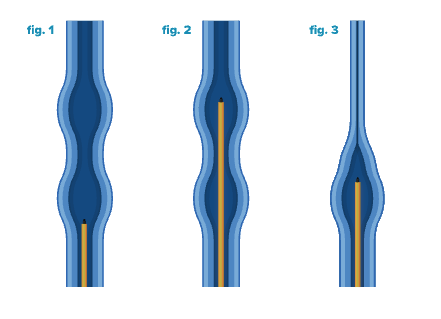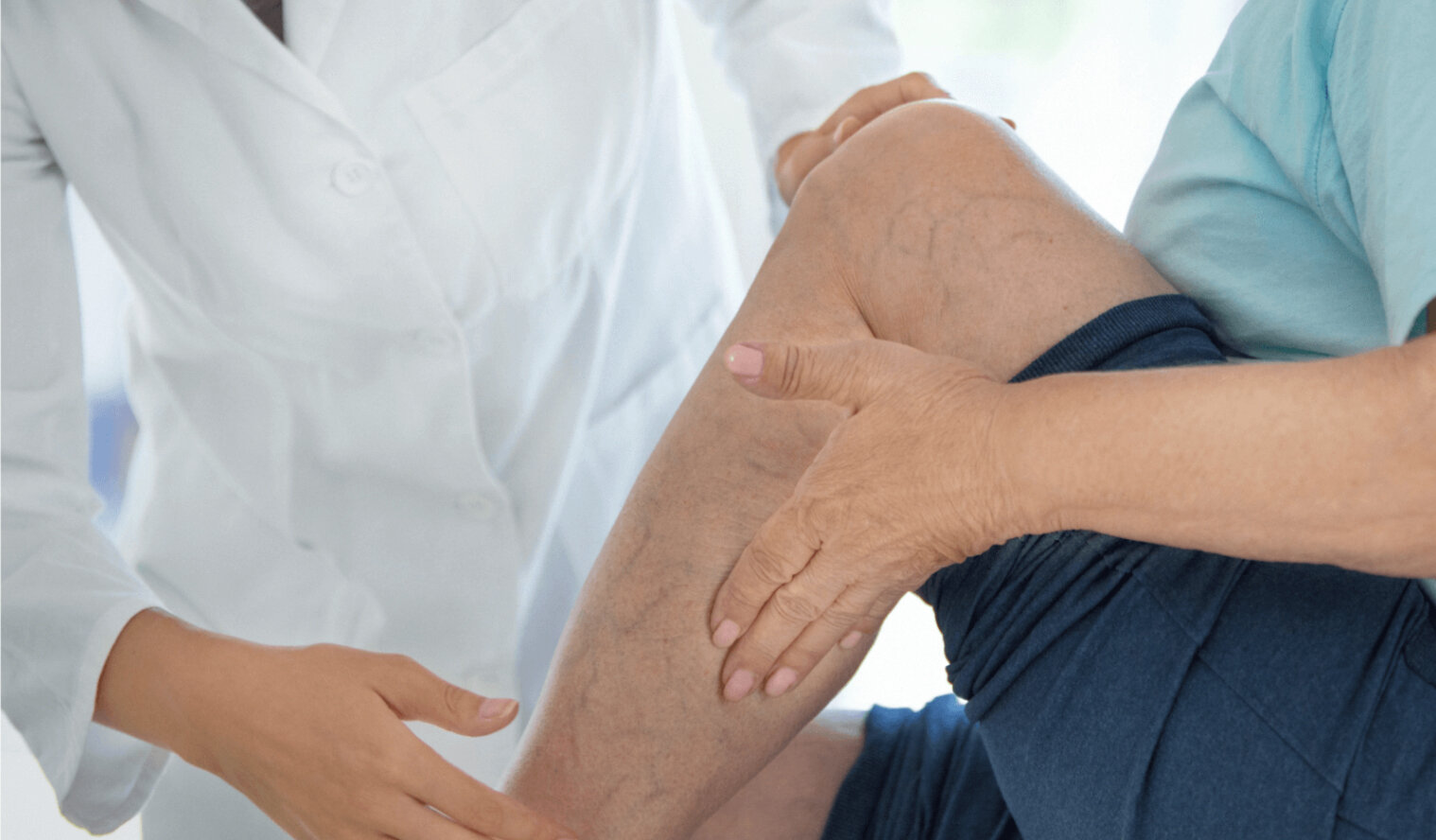Endovenous Radiofrequency Ablation (EVRF)
Endovenous Radiofrequency Ablation is the latest heat-based treatment for varicose veins. It's a minimally invasive outpatient procedure that replaces the previous vein "stripping" surgery.
Benefits of Endovenous Radiofrequency Ablation (EVRF)
There is minimal downtime with the procedure. Patients can usually return to work the same day unless instructed otherwise by their vein provider. Patients report their symptoms improve quickly and they can feel relief from leg pain or discomfort in a matter of days. Minor bruising is normal and mild discomfort is common but resolves quickly within a few days.
The procedure usually lasts between 20 and 30 minutes. The total appointment time should be roughly one hour.
Minimally invasive, non-surgical
High success rate, up to 95%
Office-based procedure (no hospital stay)
No general anesthesia
No downtime
Fewer side effects than previous vein “stripping”
Relieves leg pain and other symptoms caused by vein disease
Improves appearance of varicose veins
Types of Veins Treated
Endovenous Radiofrequency Ablation (EVRF) treats a wide range of varicose veins in the saphenous system, including:
Veins above and below the knee
Truncal veins with medium, and large diameters
Perforator veins
Veins that were previously treated with other methods
Procedure
Radiofrequency ablation for chronic venous insufficiency is performed under local anesthesia on an outpatient basis by a board certified vein physician. The doctor will insert a small catheter into the diseased vein, which delivers heat to shrink and close the vein. Once the treatment is completed, blood will naturally reroute to the healthy veins. The vein is not removed, but will be absorbed by the body over time. The procedure improves the blood circulation in the legs by ensuring blood is traveling in the proper direction.
Fig. 1: A disposable catheter is inserted into the affected vein. Fig 2.: The catheter heats and collapses the vein. Fig. 3; The catheter is withdrawn
Pre-Treatment Instructions:
Bring your compression stockings with you for each appointment.
Bring comfortable shoes for walking.
Avoid using lotions on your legs the day of your RFA session.
Drink at least 64oz of water and avoid any alcohol the day prior to your RFA session.
Drink 32oz and avoid caffeine/coffee the day of your RFA session.
Report any medication, allergies, or changes in your medical condition prior to your session.
Avoid air travel for 1 week following your RFA session.
Post-Treatment Instructions:
After treatment a compression stocking will be applied. After walking for 10-20 minutes, you will be able to drive yourself home.
You will be instructed to wear compression stockings continuously for 2 days (sleep in them for 2 nights). Thereafter, you will put your stockings on in the morning and take them off at night for 5 additional days. (7 days of stockings TOTAL). You do not need to wear stockings while showering.
Use ibuprofen (up to 600mg 3 times daily) or Tylenol (up to 1000mg 3 times daily) for discomfort.
You may resume most of your regular activities immediately, excluding running, jumping, and other strenuous activities that involve your core muscle group (torso area). Do not lift over 40 pounds for 1 week. May resume normal work outs after 1 week.
Avoid air travel for 1 weeks following an RFA session.
Avoid hot tubs, baths, lakes or swimming pools for 1 week.
You are encouraged to walk 30-60 minutes a day. Getting up and walking around will help alleviate discomfort.


